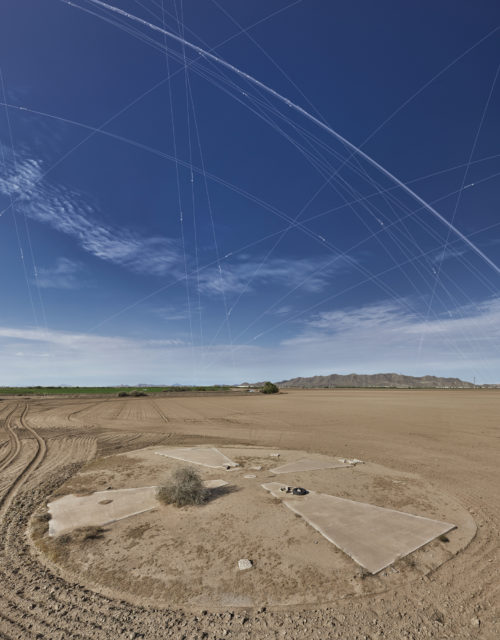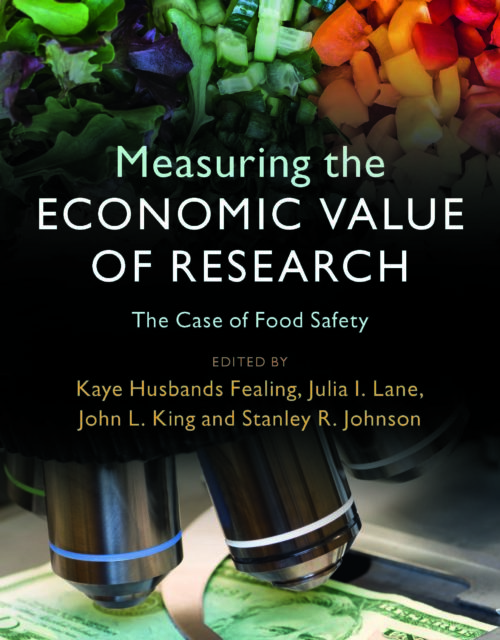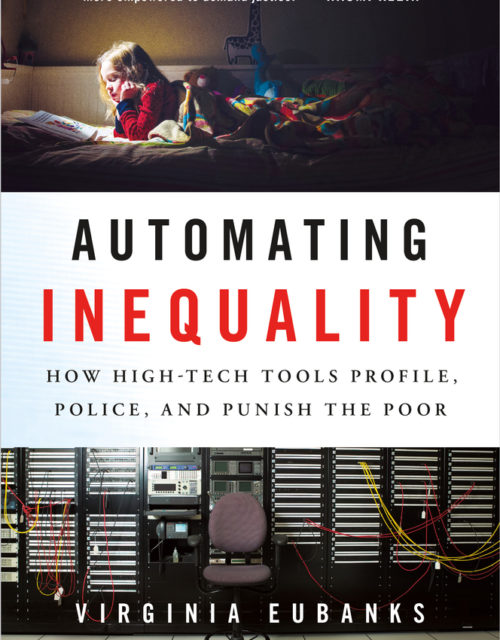The Future of Work
Recent technological advances have generated widespread anxiety about the future nature of work, the number of jobs that will be available, the skills that will be needed, and the salaries they will command. A special editorial package in the Fall 2018 issue explores the future of work and the policy options that might help society successfully navigate this changing employment landscape.
Editor's Journal
Overdetermined
Widespread anxiety about the future nature of work, the number of jobs that will be available, the skills that will be needed, and the salaries they will command has roots in many… Read More
From the Hill
From the Hill – Fall 2018
In working to pass federal appropriations for fiscal year 2019, set to begin October 1, 2018, congressional appropriators made faster progress this spring and summer than they have in recent years, with… Read More

Gallery
Ground Truth: Corona Landmarks
In this series of images of what remains of the Corona project, Julie Anand and Damon Sauer investigate our relationship to the vast networks of information that encircle the globe. The Corona… Read More
Perspectives
New Principles for Assessing Scientists
How should academic institutions best assess science and scientists? Burgeoning interest in this question accompanies a growing recognition of significant problems in how scientific research is conducted and reported. The right questions… Read MorePhilosopher’s Corner: Fear Mongering & Fact Mongering
In 1905, the scientist Henri Poincaré wrote that ethics and science “have their own domains” that should never intersect. Even as late as 1963, the scientist Richard Feynman argued that questions such… Read More

Gallery
Sougwen Chung
Multimedia artist Sougwen Chung has been collaborating with robots
since 2015, exploring the connections between handmade and machine-made designs
as a way to understand the relationship between humans and computers. Her
multifaceted… Read More
Features
Regulating Gene-Edited Crops
Crop gene editing emerged just over a decade ago as a promising set of biotechnology techniques designed to more quickly and precisely introduce new or altered genes to change plant characteristics for… Read MoreFixing an Imperfect Labor Market Information System
Adam Smith explained that market economies operate through an “invisible hand,” but what was that hand? In 1945 Friedrich Hayek argued that a market is an information system, and the challenge facing… Read MoreAsking the Right Questions in Alzheimer’s Research
Read MoreForty years into an intensive effort to defeat Alzheimer’s, and it remains a disease with no known prevention, treatment, or cure. We must, and we can, start doing better.
Research Universities and the Future of Work
Growing national concern about the future of work has three main causes. The first is technological: astonishingly rapid advances in artificial intelligence and the accompanying likelihood that it will supplant human tasks… Read MoreRethinking the Race Between Education & Technology
Technological innovation is changing the nature of many jobs and the qualifications employers seek in their workers, convincing more young people to pursue a college education and other postsecondary credentials—at least according… Read MoreThe Quest for Quality Jobs
The United States lost one-third of its manufacturing jobs—5.8 million positions—between 2000 and 2010. Although the economy has strengthened significantly since then, only about 12% of these jobs have returned. Their disappearance… Read MoreInvesting in Entrepreneurs Everywhere
In July 2018, the US House of Representatives—in a surprising act of bipartisanship—passed a collection of bills dubbed the Jobs Act 3.0. The bills, broadly speaking, were designed to ignite innovation and… Read MoreArtificial Intelligence, Robots, and Work: Is This Time Different?
Over the past few years, there has been increasing public discussion about the potential impact of artificial intelligence (AI) and robots on work. However, despite the attention given to the issue, there… Read MoreProgress Against Alzheimer’s Disease?
Alzheimer’s disease is still a plague upon us, and we don’t really know what to do about it. Decades of research and tens of billions of dollars have produced mountains of scientific and medical literature. Yet only marginally effective preventive or therapeutic interventions have resulted.
Book Reviews

Money Well Spent?
Measuring the Economic Value of Research is an important book, edited by a distinguished group of researchers who focus on the science of science policy, an emerging interdisciplinary approach to evaluating the… Read More
Lords of the Universe
The Space Barons: Elon Musk, Jeff Bezos, and the Quest to Colonize the Cosmos provides a chronology that traces the trajectory of three space“barons”: Elon Musk, the South African immigrant founder of… Read More
A Modern Plague
For anyone who thinks of influenza as a biomedical problem with biomedical solutions, there is a lesson to be learned from Laura Spinney’s book on the 1918 flu pandemic, Pale Rider:… Read More
Let Them Eat Efficiency
The past few years have seen an upsurge in warnings about biases embedded in technological tools. Automating Inequality: How High-Tech Tools Profile, Police, and Punish the Poor, by Virginia Eubanks, a… Read More

Gallery
William Utermohlen
William Utermohlen was born in south Philadelphia in 1933. He studied art at the Pennsylvania Academy of Fine Arts from 1951 to 1957 and on the G.I. bill at the Ruskin School… Read More
